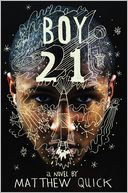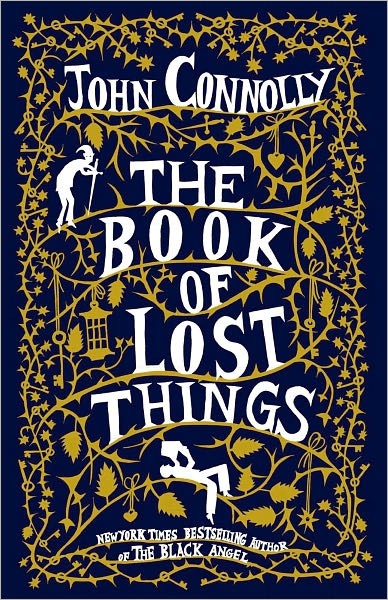NEWLY ADDED! This local author will be visiting our school!
Publisher's description: A baby is found in a basket on the grounds of a small-town museum during their annual Folk Festival. Twenty-two years later, a homeless man is murdered in the exactly the same spot. Connection? Or coincidence? Peace Morrow, the foundling, now an adult working at the museum, is haunted by this question and thus begins a quest that explores the nature of family, of loyalty and responsibility. As she tries to reconstruct the victim's history, his story becomes entangled with her own search for family roots. Her journey leads her through the dusty boxes in the museum’s storage area, to an antique market in a tiny hamlet in northern Pennsylvania, and, ultimately, to the innermost reaches of her own heart.






